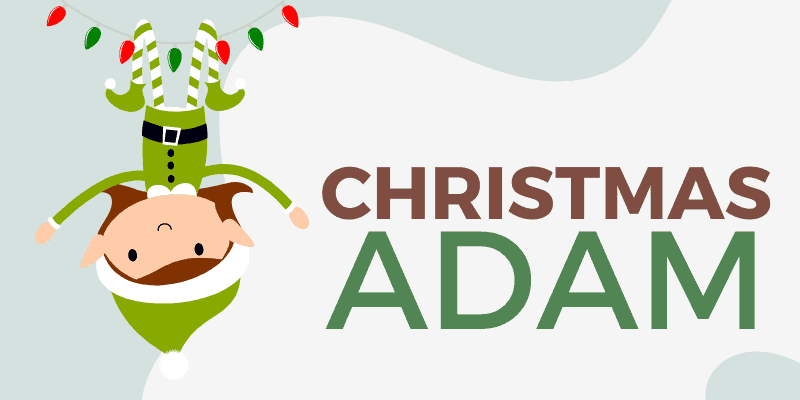Anymore or any more
Anymore is an adverb that means a general amount of time, usually the present or near past. Usually it is used to say if an action or event still happens or exists. This construction is the preferred in the US, while outside the country the standard is to keep the two words separate, any more. It is interesting to note that when we did find instances of the one word form outside the US, it was almost always in the form of …


